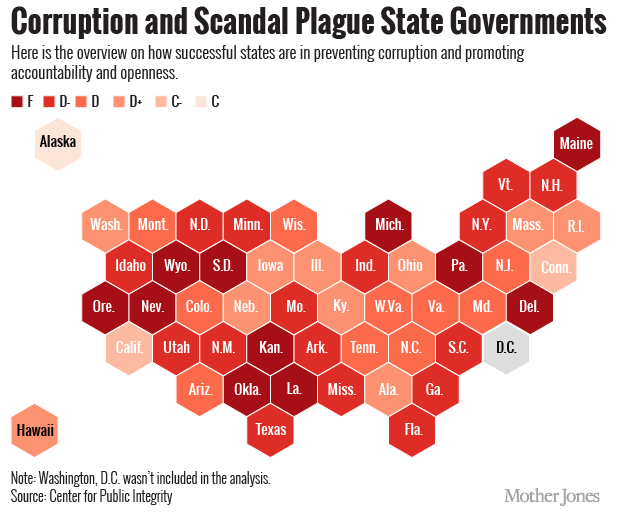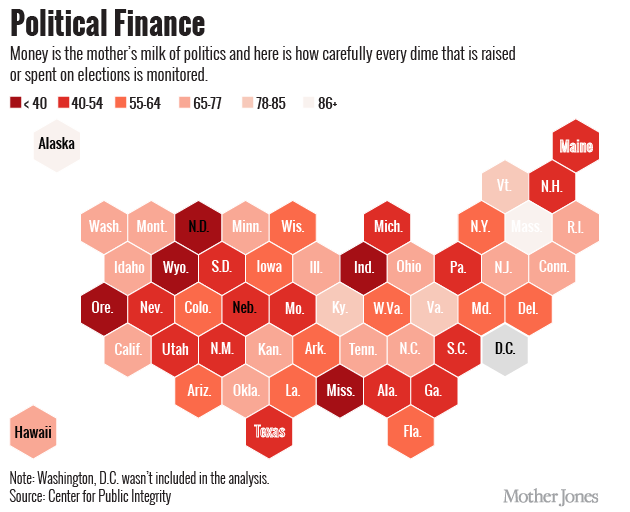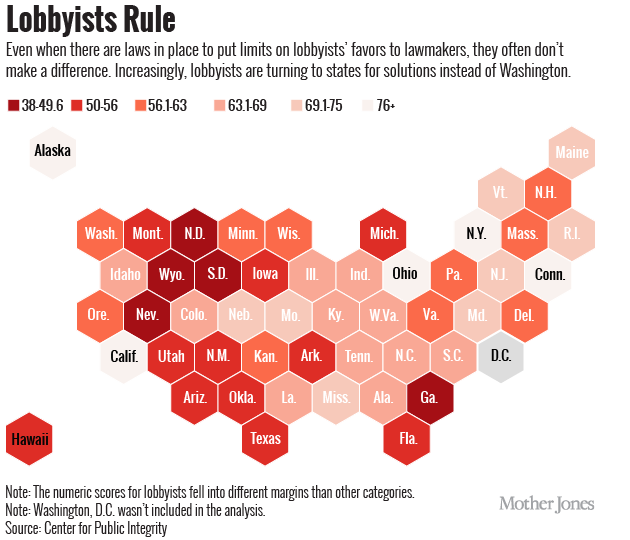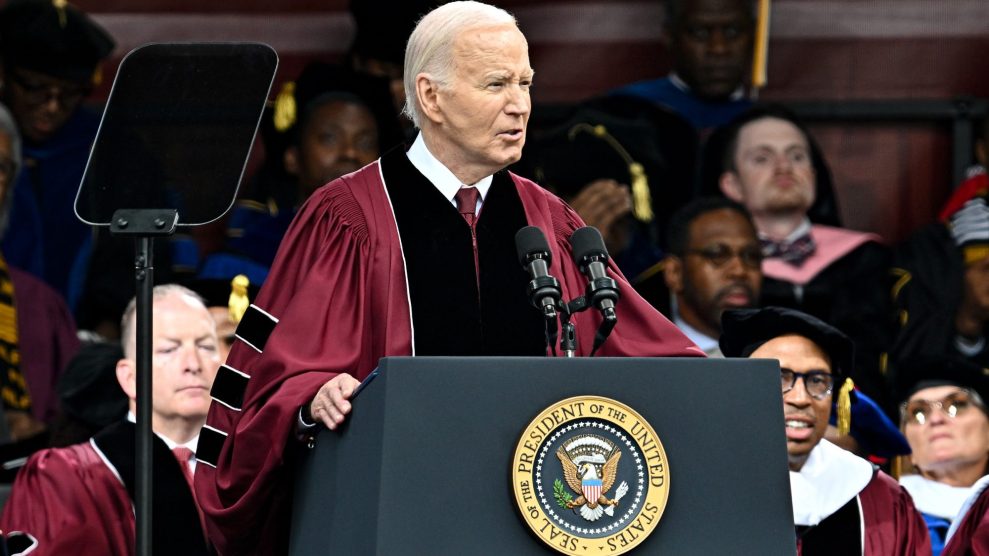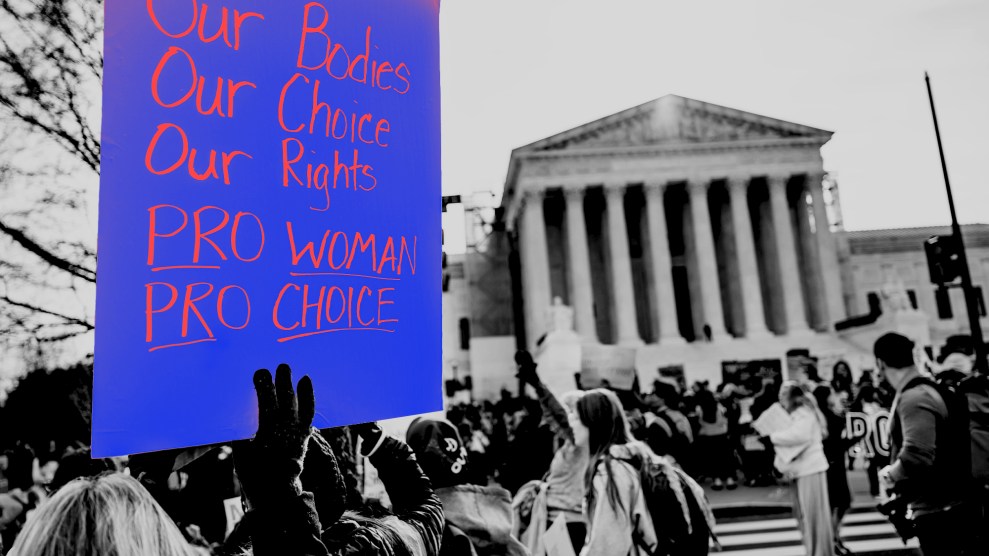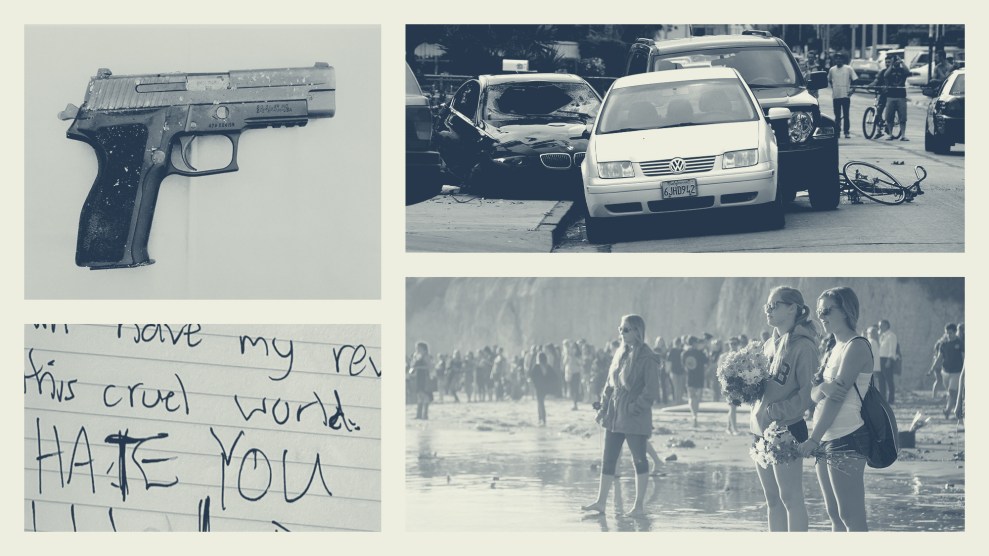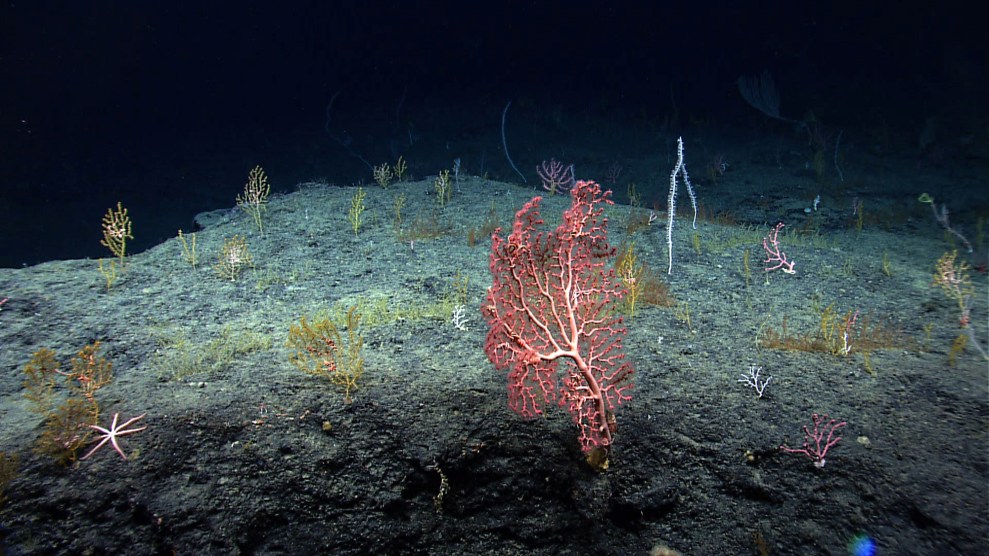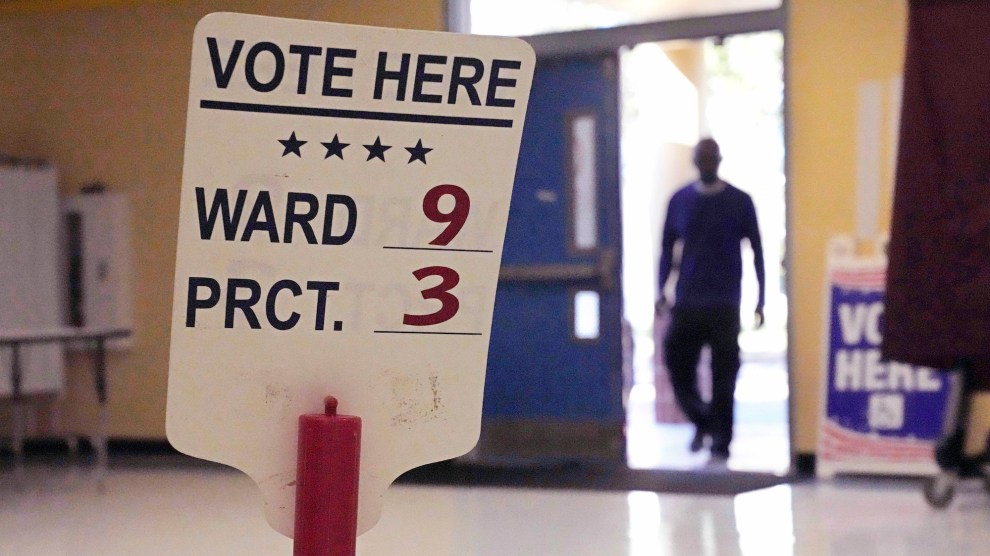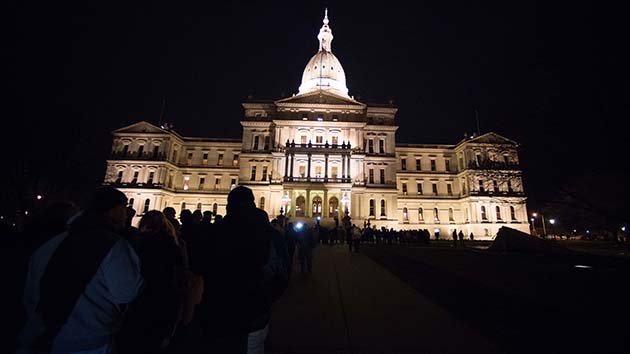
The Michigan state capitol building. Michigan scored dead last on a new ranking of state anti-corruption measures.Courtney Sacco/Zuma
In Missouri, a lawmaker who pushed through a bill that prohibited cities from banning plastic bags in supermarkets also happened to be the director of the state’s Grocer’s Association. New Mexico lawmakers passed a resolution that exempted their emails from public scrutiny. The governors of Virginia and Oregon, and house or assembly speakers in Alabama, Rhode Island, South Carolina, and New York were charged or convicted of corruption. There may be lots of good government laws, but corruption, influence peddling, and lack of government accountability are in fact very difficult to prevent across all 50 states.
That’s according to the State Integrity Investigation, a sweeping project released today by the nonprofit investigative reporting group the Center for Public Integrity. The Washington, DC-based Center worked with experienced journalists in every state (but not the District of Columbia) to assess state government rules and systems that were in place between January 2013 and March 2015. The journalists combed through records and laws, using 245 specific “indicators” that measured transparency and accountability, for example public access to information or state lobbying disclosure laws. Good government experts in each state, and later editors at Global Integrity, a government watchdog that tracks governmental accountability around the world, then reviewed the assessments for consistency and accuracy. Each state was assigned an overall letter grade, but also scores on 13 subcategories that include political finance, election oversight, lobbying, and ethics, among others.
“All together, the project presents a comprehensive look at transparency, accountability, and ethics in state government,” CPI writes in its overview of the project. “It’s not a pretty picture.”
That might be putting it mildly. C was the highest grade and Alaska earned it with a score of 76. Only two other states received grades higher than a D+, the report notes, and 11 states flunked (see all states and associated data here). Michigan was at the bottom of the class. Its score was 51, an F, mostly because of issues with ethics and access to public information.
Paula A. Franzese, an expert in state and local government ethics at Seton Hall University School of Law and former chairwoman of the New Jersey State Ethics Commission, told CPI that the project’s findings are disappointing but not surprising because ethics oversight is not a priority for state legislatures. “It’s not the sort of issue that commands voters,” she said.
This is the second time that CPI and Global Integrity have teamed up to do the State Integrity Project; the first was in 2012. Since then, the grades of many states have gotten worse, but some of that decline is also due to changes in methodology.
The entire project is worth your time, so please go read it, but here is some data on the overall grades each state received, plus a quick look at state scores in a few subcategories. (Click on each map to go to the data sources and other state-specific views).
.

